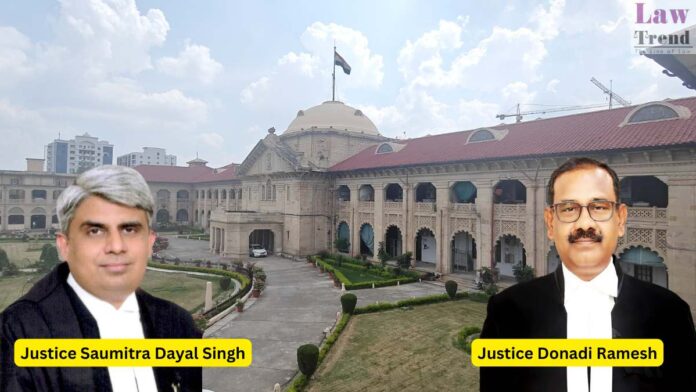The Allahabad High Court has directed the State Government to appoint Pradeep Kumar, a candidate selected in the 2016 Uttar Pradesh Higher Judicial Service (HJS) Examination, after a prolonged seven-year delay caused by allegations of espionage that were later deemed baseless. The court’s judgment stressed that “mere suspicion cannot override the rule of law.” Case
To Read More Please Subscribe to VIP Membership for Unlimited Access to All the Articles, Download Available Copies of Judgments/Order, Acess to Central/State Bare Acts, Advertisement Free Content, Access to More than 4000 Legal Drafts( Readymade Editable Formats of Suits, Petitions, Writs, Legal Notices, Divorce Petitions, 138 Notices, Bail Applications etc.) in Hindi and English.




